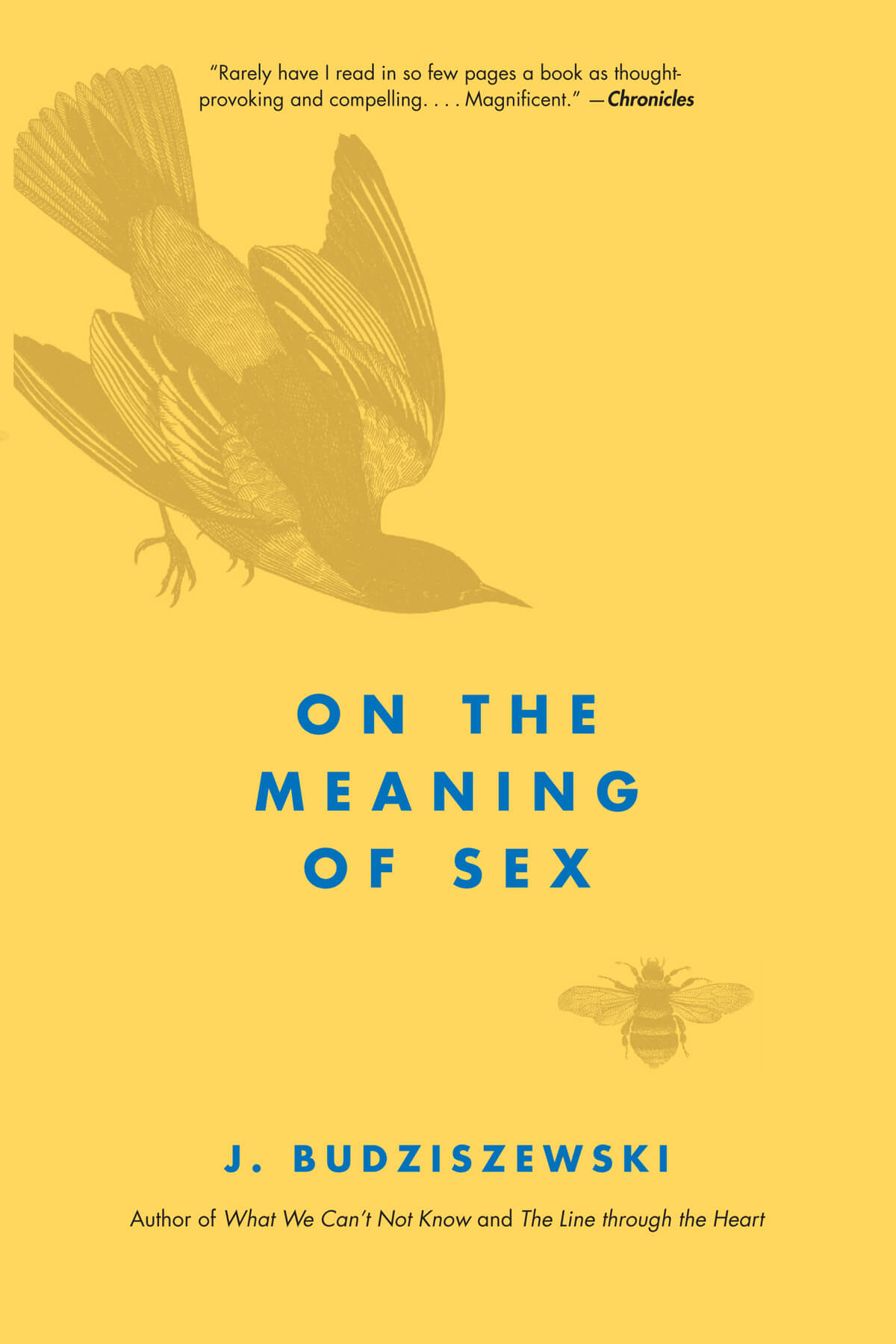Does Sex Have Meaning? (And Who Can Really Say?)
- Post by: Ryan C. MacPherson
- January 22, 2014
On the Meaning of Sex J. BudziszewskiISI Books, 2011; 145 pages, $27.95 Noah Webster was no intellectual slouch. Proficient in the languages of the ancient Near East as well as of modern Europe, he painstakingly compiled the etymology, orthography, and signification of 70,000 words for the great American Dictionary of the English Language published in 1828. A product of his times, but also a product of one of the best intellectual traditions humanity has mustered in all of time, Webster did not hesitate to follow the guidance of natural law when defining terms that refer to humanity in its personal, social, and political manifestations. Webster defined sex as “the distinction between male and female,” male as “pertaining to the sex that procreates young,” and female as “noting the sex which produces young.” And marriage? “The act of uniting a man and a woman for life; wedlock; the legal union of a man and a woman for life . . . for the purpose of preventing the promiscuous intercourse of sexes, for promoting domestic felicity, and for securing the maintenance and education of children.” Two centuries removed from Webster, many people now reject his definitions as being too morally restrictive, too narrowly traditional, too out of step with the hodgepodge of Facebook status updates, YouTube videos, and MP3 downloads that shape personal identities today. Indeed, for college students such as “Harris,” the question no longer is whether Webster got the definition of “sex” right, but whether “sex” has any meaning at all. Harris is certain that sex is meaningless. And yet, Harris is just as certain that the factories for human reproduction depicted in Aldous Huxley’s Brave New World are appalling. In the opinion of Harris’s philosophy professor, J. Budziszewski, Harris must be confused. How can the student say that sex has no meaning and nevertheless find it appalling that pro
Categories:

